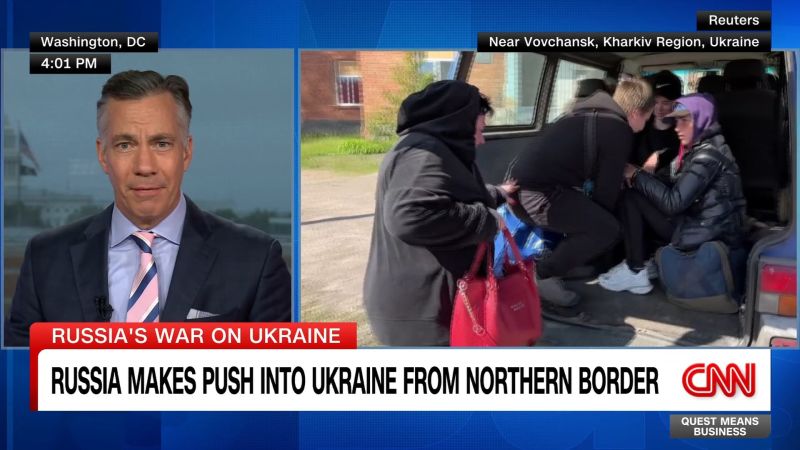Body:
Understanding the ferocity of recent events in Eastern Europe requires insight into the long-standing dynamics within the region. Dominating headlines worldwide, the unexpected cross-border attack launched by Russia on Ukraine has relentlessly laid bare the vulnerabilities of Ukraine. This strategic strike, which many geopolitical experts believe could potentially destabilize not only the regional but global balances of power, constitutes a definitive demonstration of prevalent imbalances in military capability and geopolitical influence in Ukraine.
Firstly, the surprise attack showcased the gap in military strength between Russia and Ukraine. Strategically considered an act of power assertion, Russia’s actions have profoundly exposed Ukraine’s relatively frail military state. Although Ukraine has been working tirelessly to modernize its army and increase its defensive capabilities since 2014, the sudden attack proved that the country’s armed forces lack the readiness to thwart such an intricate and large-scale assault. The unanticipated intrusion underscores Ukraine’s intrinsic weakness: its inability to fully match Russia’s advanced and robust military infrastructure.
Beyond purely military capacity, Russia’s invasion further unraveled Ukraine’s economic fragility. Given the shaky state of its economy, Ukraine’s resources to wage a prolonged defense or counter-offensive is minimal. Russia has long wielded economic power over Ukraine, controlling significant sectors such as gas supply, which has consistently been used as a tool for coercion. The surprise attack underlined this fact, reminding the world that Ukraine continues to stand on precarious economic ground, while grappling with comprehensive reforms to ensure stability and progress.
Thirdly, the audacious move by Russia greatly exposed the political vulnerability of Ukraine. Despite Ukraine’s commitment to western values and aspirations, the country has struggled to find concrete commitment and support from Western allies when it comes to securing its boundaries. Russia was able to anticipate and capitalize on this lack of international unity, exploiting weaknesses in the diplomatic dexterity needed to forestall such an unforeseen assault. This highlights the gulf between Ukraine’s political ambitions and the tangible support it receives from global partners.
Finally, the conflict starkly underscored Ukraine’s cybersecurity deficiencies. Amid the invasion, Russia is also accused of engaging in a parallel cyber-warfare campaign against Ukraine. Military, governmental, and commercial sectors in Ukraine were reported to face disruptions due to cyberattacks. Notably, Ukraine’s lack of a robust defensive cybersecurity system made it a soft target for such digital onslaughts, reinforcing the vulnerabilities in its technological defense mechanisms.
In conclusion, Russia’s surprise attack on Ukraine was not merely a demonstration of raw military power but represents a calculated move designed to exploit Ukraine’s multiple weaknesses. From military readiness to economic stability, political solidarity, and cybersecurity, Ukraine’s vulnerabilities have been unsparingly exposed. Regardless of outcomes, this episode has undoubtedly served as a testament to the imbalance of power in the region, proving an urgent call for strengthening defenses and alliances, as Ukraine navigates a precarious path towards security and sovereignty. At this critical juncture, the impetus lies not just with Ukraine, but with the cooperation of all nations committed to the principles of territorial integrity and international law.




